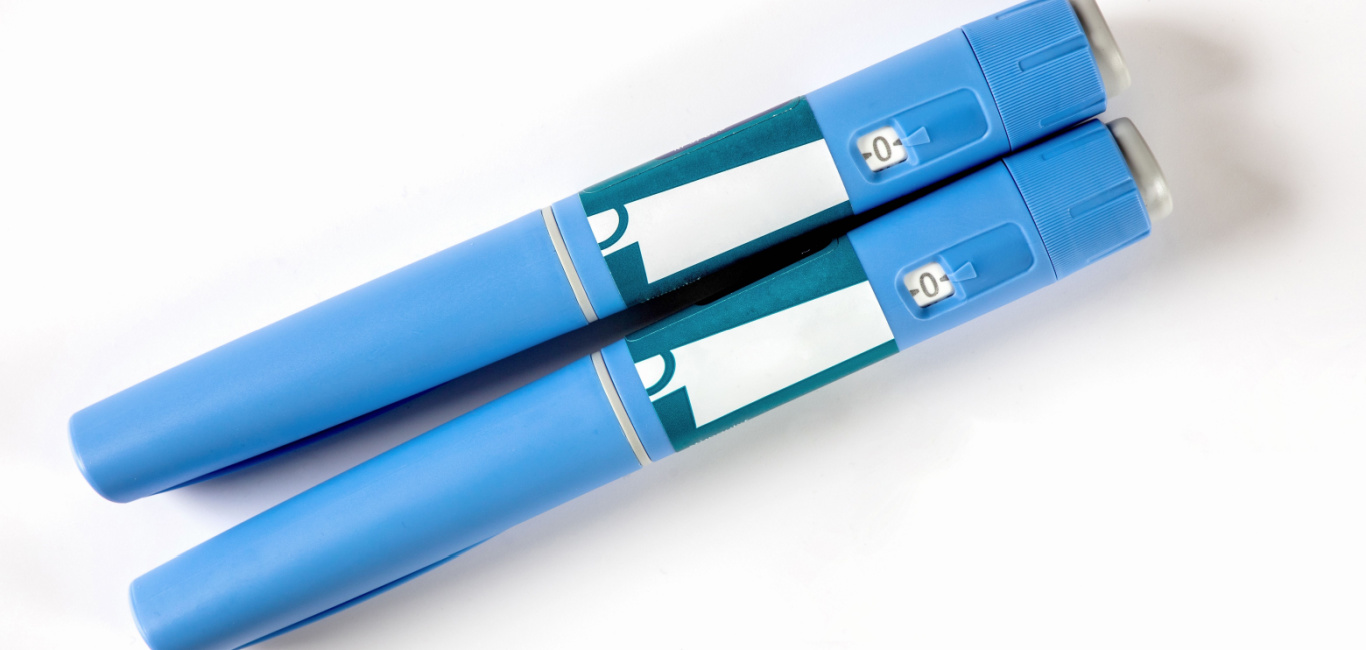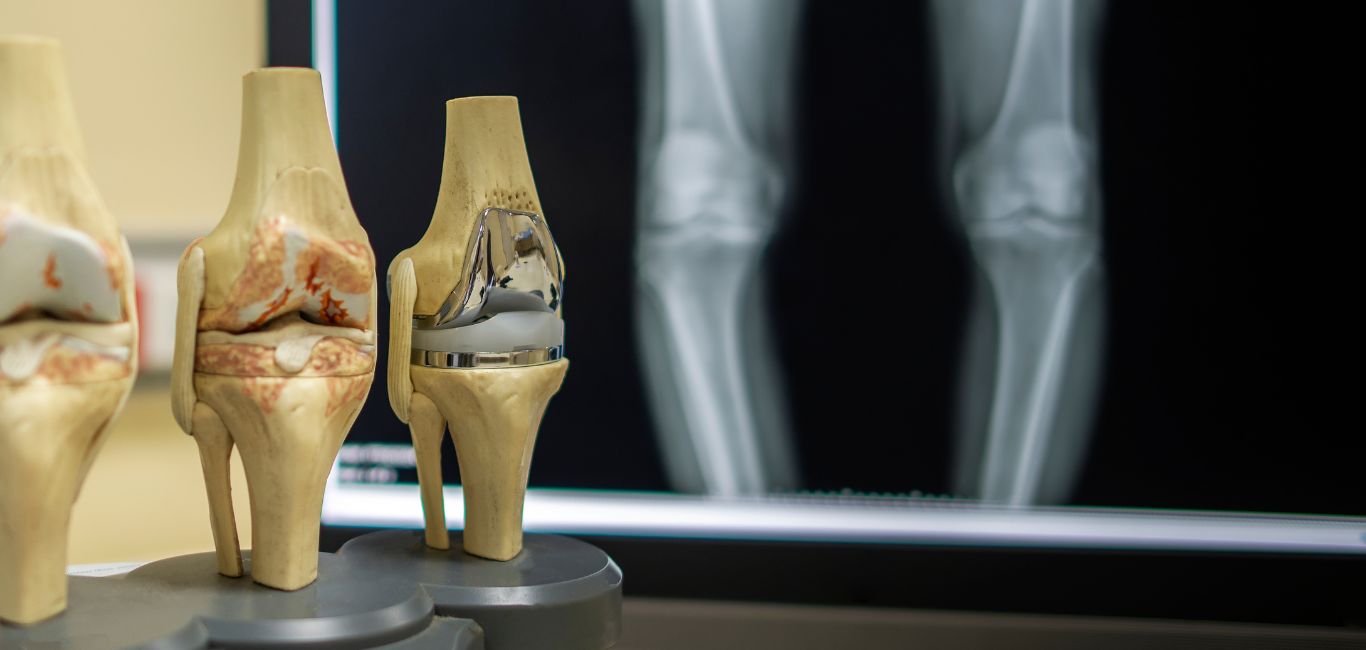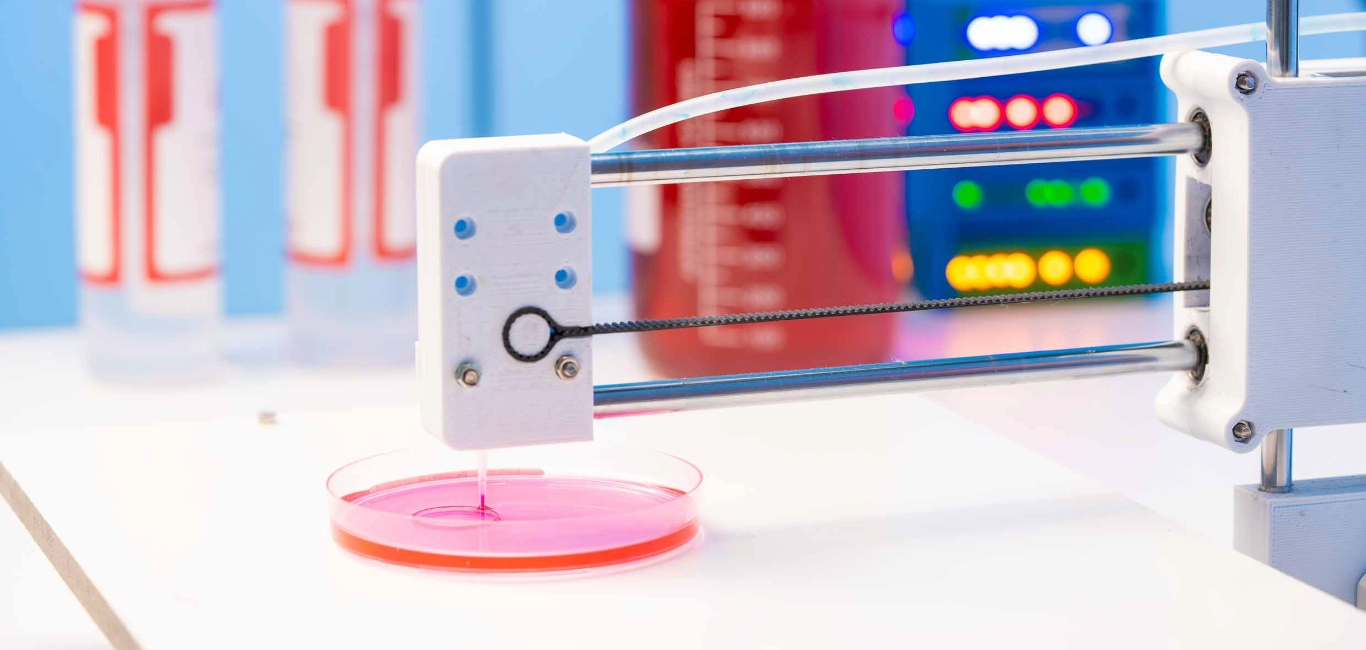
Researchers at Stanford University, USA, have developed a new hydrogel-based drug delivery system that reduces the frequency of injections of diabetes and weight control medications from daily or weekly to just once every four months.
In the new system, a specially designed hydrogel containing medication is injected just below the skin, where it is then slowly released over time. The medication contains semaglutide and liraglutide which are glucagon-like peptite 1 receptor agonists (GLP-1 RAs). Researchers hope the innovation will help improve compliance to diabetes treatment for those with type 2 diabetes, as well as improve long-term outcomes by managing both diabetes and obesity over time.
A global burden
Globally, about half a billion people are affected by type 2 diabetes and the cost of managing the condition runs into billions of dollars. People with poorly managed diabetes are at risk of serious complications, including cardiovascular disease, kidney disease, retinopathy, neuropathy, and stroke. In addition to insufficient access to care, poor adherence to treatment is a big issue in its management.
“Adherence is one of the biggest challenges in type 2 diabetes management,” says Dr Eric Appel, associate professor, Department of Materials Science and Engineering, Stanford University. “Needing only three shots a year would make it much easier for people with diabetes or obesity to stick with their drug regimens,” he adds.
Strategies that reduce the burden of a person with diabetes while providing optimal glycaemic control would transform the treatment and improve outcomes.
Glucagon-like peptide-1 receptor agonists
Medications containing glucagon-like peptide-1 receptor agonists (GLP-1 RAs) have become an increasingly important part of diabetes management. Beyond improving glucose control, they also mimic the glucagon-like peptide-1 (GLP-1) hormone and help people in managing their diets and weight.
GLP-1, a hormone secreted by the intestinal L cells, plays an important role in our body’s response to nutrients. When we eat, it stimulates the production of insulin while simultaneously inhibiting glucagon secretion. This process is glucose-dependent, meaning it is finely tuned to the body’s current blood sugar levels. The result is a reduction in blood glucose, which is crucial for people with diabetes.
But GLP-1 is not just about regulating blood sugar. It also doubles as a neurotransmitter produced in the brain, influencing our eating behaviour. By acting on specific neural pathways, GLP-1 affects our sense of fullness, hunger, and even our food-related reward mechanisms. This leads to a decrease in energy intake, helping to reduce body weight. It is this dual action – both metabolic and neurological – that has led to the approval of GLP-1 RAs as a treatment for obesity.
They have few side effects and help in reducing the cardiovascular risks also. “In preclinical trials, they have been shown to promote the growth of pancreatic islet cells,” says Dr Appel.
Reducing the burden of daily injections
The challenge with GLP-1 based treatments is that their optimal therapeutic effect is achieved through sustained levels in blood. For this, they need to be injected daily or weekly, a burden for many.
To address this challenge, the team sought to develop long-acting formulations that provide continuous therapy for four months from a single administration. It coincides with the frequency at which people with diabetes visit their endocrinologist or primary care provider.
Hydrogel composition
The hydrogel is composed of a mesh of polymer chains and nanoparticles holding medication molecules until the mesh dissolves and releases the associated medicine. It is also known as a polymer-nanoparticle (PNP) hydrogel.
The hydrogel is designed in a way that polymers and nanoparticles are weakly bound to each other in hydrogel. As a result, they hold together as a gel but also have a fluidlike flow that allows them to be easily injected with standard syringes.
The GLP medicines are formulated in this hydrogel and released over time as the hydrogel dissipates slowly. “Our hydrogel melts away over many months like a sugar cube dissolving in water, molecule by molecule,” Appel explained.
A small volume of hydrogel, known as ‘depot’, is injected under the skin. This depot is small, comfortable, inconspicuous to a person and durable enough to last for four months.
Future prospects
In the study published in Cell Reports Medicine, this drug delivery system has been successfully tested in rats with experimentally induced diabetes. A single injection of this medicine-laden hydrogel reduced blood glucose and improved weight management in them in comparison with daily injections of a leading commercial medication, he adds.
While the hydrogel was engineered specifically for a four-month checkup regimen, the team has successfully tuned the timeframes for release of medications from a few days to six months, adds Dr Appel. “We have previously used these gels in many different conditions from vaccines to cancer immunotherapies and evaluated them in mice, rats, sheep, and non-human primates, and they have shown excellent biocompatibility,” says Dr Appel.
In future, the hope is that this drug delivery system can be utilised with other drugs and health conditions. “It can really give promising results with children having type-1 diabetes,” says Appel. In the next phase, the hydrogel will be tested in pigs whose skin and endocrine system are akin to that of humans, followed by human trials in about two years.

















